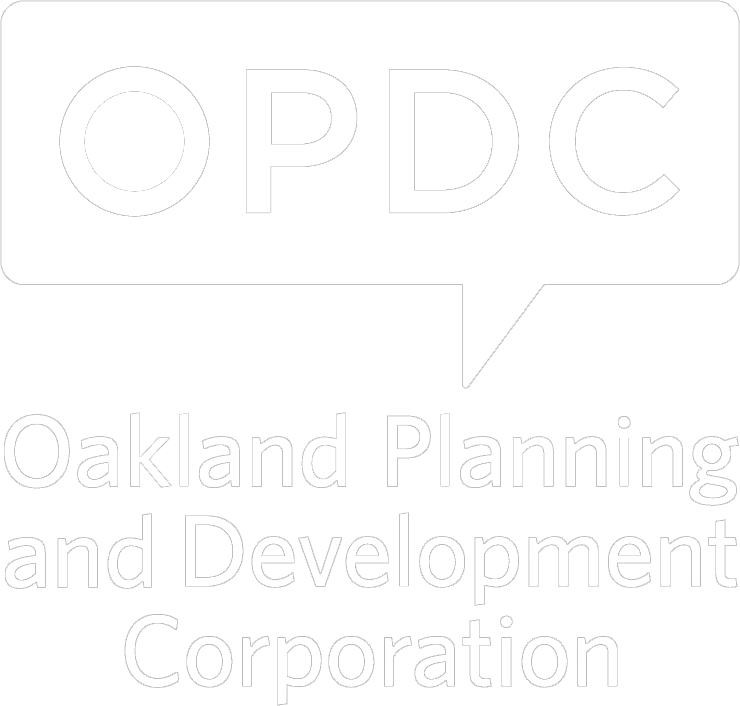In April, we posted about the City Council’s revised rental registration ordinance, which was set to go into effect May 29.
Now, the enforcement of the ordinance by the Department of Permits, Licenses, and Inspections (PLI) has been stayed by a judge as a lawsuit filed by the Apartment Association of Metropolitan Pittsburgh (AAMP) proceeds.
This “commonsense regulation,” as Mayor Ed Gainey’s office put it in a statement, would protect renters by requiring permits from PLI for occupied rental units. Permitting entails:
An initial inspection of the rental property and payment of a fee. Initial inspections are good for three years; following that, properties earning consistent, acceptable ratings are eligible for five-year terms.
Collecting contact information for the owners, responsible local agents, and property managers of each rental property. Rental registration and inspection data will be public information, viewable on Civic Central. PLI will also give its data monthly to the Western PA Regional Data Center.
A lead dust wipe inspection for structures built before 1978. This is required by the city’s new Lead Safety Ordinance.
In addition, the ordinance aims to encourage best practices through Good Landlord Academy, a training program on inspections, government resources, and enforcement. Those who pass the course will be eligible for reduced rental registration fees for the upcoming year.
The lawsuit brought by AAMP aims to challenge the associated fees, which, in our view, are nominal: a $16 application fee, a $5.50 per parcel fee, and a $14 per unit fee to cover travel and inspection costs. AAMP is also demanding exemption from lead inspection.
Speaking to the objections, Mayor Gainey stated, “Our fee is fair and does nothing more than recoup the costs to carry out the program and it is a shame that once again the work to protect renters in our city is being delayed.”
We couldn’t agree more. With widespread problems of safety, cleanliness, and over-occupancy, a rental registry is needed to assure code enforcement and ease of communication with landlords. Unfortunately, AAMP’s lawsuit throws all of that into question.
Oakland Planning and Development Corporation will continue to fight for rental registration and provide information to the community on this developing situation.
